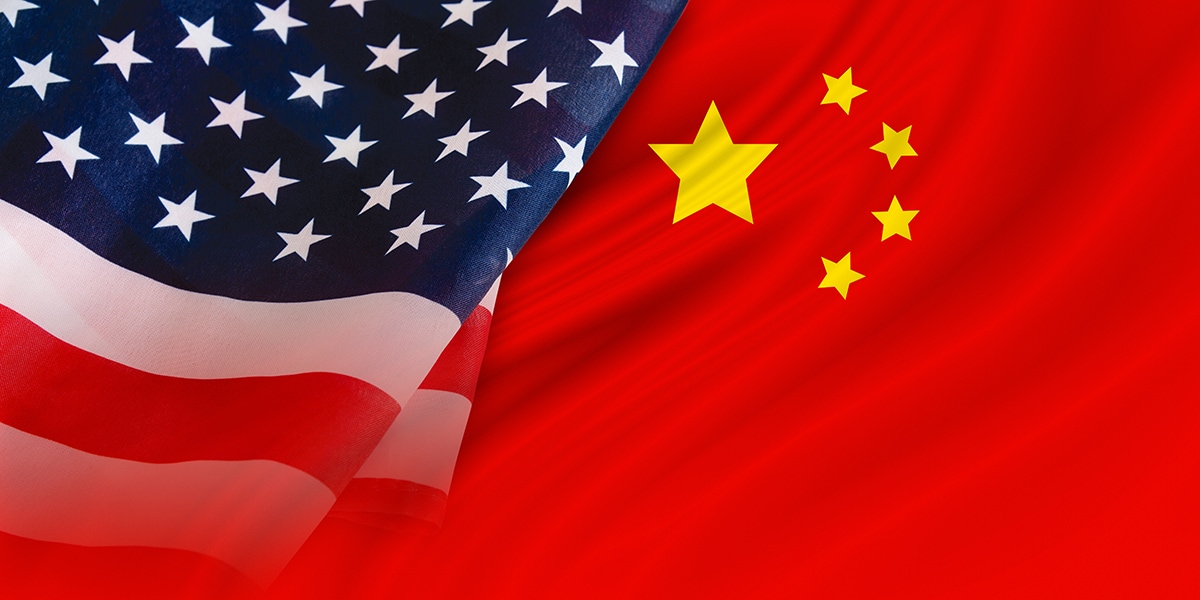An editorial in the Emirati daily Al-Khalij titled "Why This Provocation?" sharply criticizes America's current policy towards China, stating that the Biden administration is taking a confrontational stance against it that increases the tension between the two superpowers. The article states that House Speaker Nancy Pelosi's upcoming visit to Taiwan will only "pour oil on the flames," and warns that the growing tension between China and the U.S. could lead the whole world to a disaster comparable to a world war, as American diplomat Henry Kissinger has warned.
The following are translated excerpts from the article.[1]

"The visit of then U.S. president Richard Nixon in the People's Republic of China in 1972 turned over a new leaf in the relations between the two countries. The previous year, then U.S. Secretary of State [sic] Henry Kissinger[2] had visited the country in secret, after the 'ping-pong diplomacy' paved the way to both these visits...[3]
"Nixon's meeting with Chinese leader Mao Zedong [signaled America's] formal recognition of the People's Republic of China, after the latter had regained its seat in the UN, which had [previously] been held by the National Government of [the Republic of] China – Taiwan.[4] Formal diplomatic ties between Washington and Beijing were established based on the 'One China' principle, which [regards] Taiwan as an integral part of China. This principle was the basis of the diplomatic relations between the two countries. But, despite this, the U.S. continues to maintain unofficial economic and security relations with Taiwan, which Beijing regards as a violation of agreements…
"Nevertheless, the relations between the U.S. and China over the past decades were calm, and the economic ties [between them] developed as part of their mutual interests and based on competition, [but] not hostility. This [continued] until U.S. administrations, beginning with the Obama administration, started to change their policy and shift towards confrontation, especially when they realized that China was making great strides in economy and technology and storming the markets of the [various] continents, which the U.S. had regarded as its own province.
SUPPORT OUR WORK

"After China launched its Belt and Road Initiative in 2017,[5] the U.S. began changing its strategy by shifting its military focus to the Pacific in order to confront China's expansion. Then it started to forge military alliances in order to besiege Beijing. And, as a complementary move, it recently declared, through NATO, that China challenges the interests and security of the NATO countries. Furthermore, in his meetings with European and NATO leaders in the past month, President Joe Biden tried to convince these leaders that opposing Russia and confronting China were complementary, rather than contradictory, objectives. During his visit to Japan [in May 2022], Biden expressed that the U.S. would defend Taiwan in the case of a Chinese attack on it – thus openly relinquishing the strategic obfuscation policy that consecutive U.S. administrations had taken.
"These U.S. positions naturally increased the tension vis-à-vis China, which saw them as 'a deliberate provocation' and declared that it would not give up its [objective] of restoring Taiwan to the fold of the homeland [i.e., China].
"Then came the decision of U.S. House Speaker Nancy Pelosi to visit Taiwan, which poured oil on the fire of the crisis, and China warned that the U.S. 'would be responsible for all the implications of the visit.'
"It appears that the American decision-makers have decided to renege on all the commitments that have been signed with China and to continue provoking it, in disregard of the danger inherent in this approach. They are also disregarding the warning of the architect of U.S.-China relations, Henry Kissinger, who advised the U.S. to form ties with China and find ways to cooperate with it, otherwise the world will slide into a catastrophe comparable to a World War."
[1] Al-Khalij (UAE), July 29, 2022.
[2] Kissinger was U.S. National Security Adviser at the time.
[3] "Ping-pong diplomacy" refers to the rapprochement between the U.S. and the People's Republic of China that began after a U.S. table tennis team was invited by the Chinese authorities to visit the country in 1971.
[4] On October 25, 1971, the UN Assembly passed Resolution 2758, which recognized the government of the People's Republic of China, instead of the National Government of the Republic of China (Taiwan), as the legitimate Chinese government.
[5] The Belt and Road Initiative is a strategic development plan announced by Chinese President Xi Jinping in 2013, and incorporated into the constitution of China in 2017. Its whose objective is to create a geographic connection, by land and by sea, between China and the other countries, especially in Eurasia, in order to streamline the transfer of goods from China to the rest of the world. As part of this initiative, China invests large sums of money in projects outside of the country, which boosts its influence in various countries and on the global economy.




